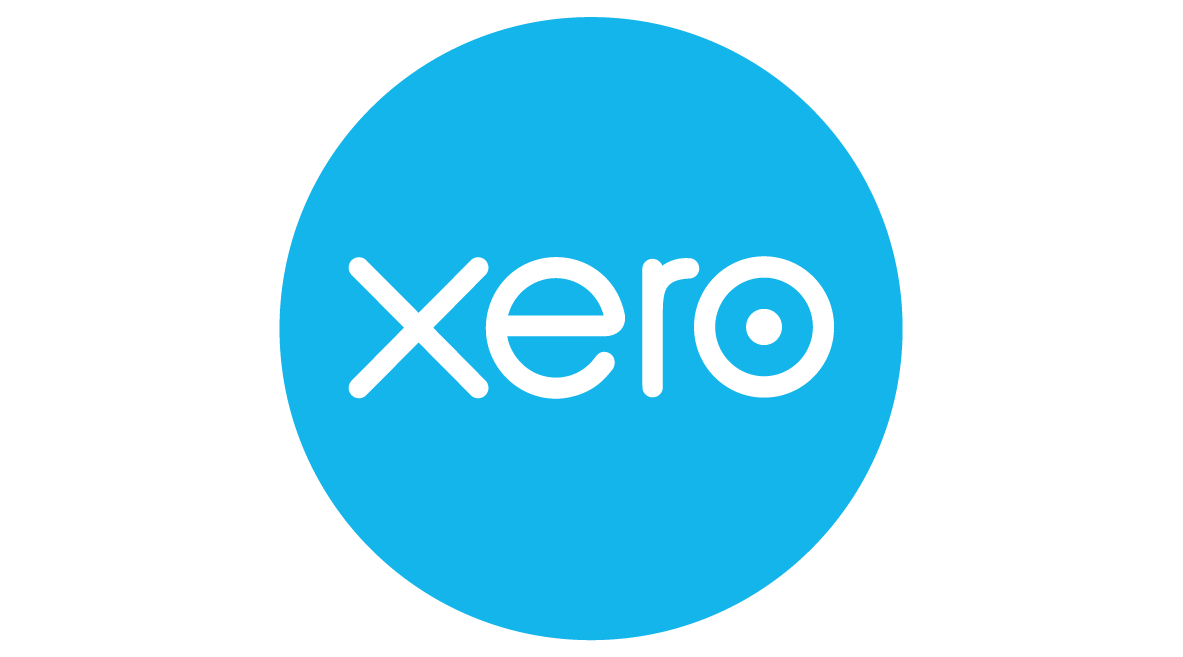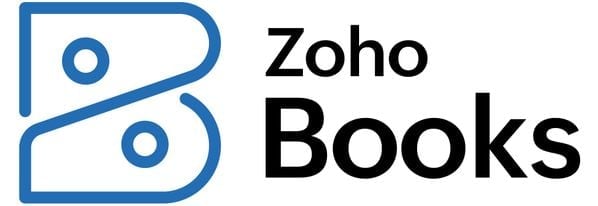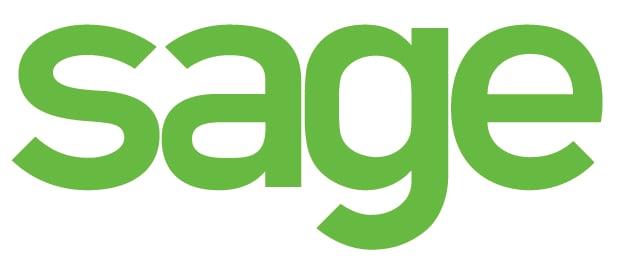Cash vs. Accrual Accounting: Differences Explained

Many or all of the products featured here are from our partners who compensate us. This influences which products we write about and where and how the product appears on a page. However, this does not influence our evaluations. Our opinions are our own. Here is a list of our partners and here's how we make money.
Cash and accrual accounting are both methods for recording business transactions. The biggest difference between the two is when those transactions are logged. With cash basis accounting, income and expenses are recognized only when payments are made. Accrual basis accounting records income and expenses when they’re incurred, regardless of whether money has been exchanged yet.
Accrual basis accounting is typically best because it offers the most accurate information about your business’s performance. But its complexity may outweigh its benefits for simple, very small businesses. Ultimately, the right accounting method for you will depend on your business’s needs and whether you plan to track accounts receivable and payable.
FEATURED
Cash vs. accrual accounting: pros and cons
Here’s a breakdown of each accounting method’s unique pros and cons, as well as who each method is best for.
Pros | Cons | Best for | |
|---|---|---|---|
Cash basis accounting method |
|
| Very small businesses and sole proprietors with simple financials. |
Accrual basis accounting method |
|
| Small businesses that need to closely track accounts receivable, inventory or major liabilities, like loans. |
If you’re unsure which method makes sense for you, talk with your accountant or bookkeeper. Make sure they understand what you want to gain from your financial statements and that they aren’t basing their advice solely on your business’s tax basis.
What is cash basis accounting?
In cash basis accounting, transactions are recorded when cash physically moves in or out of your business. More specifically, revenue is recognized as income when you receive payment, and expenses are recognized when money is spent. With a few exceptions for non-cash expenses (things like depreciation, which doesn’t impact your business’s cash flow), only transactions that have cleared your checking or credit card accounts appear on your cash basis financial statements.
Advantages of cash basis accounting
Cash basis accounting is easy to implement, maintain and understand. And if you maintain your books on a cash basis, there will be little difference between your financial statements and your tax returns. This means your cash basis income statement can come pretty close to accurately mirroring your business’s cash flow statement, which is good news for business owners who want to get a snapshot of their business’s cash flow from just one financial statement.
Disadvantages of cash basis accounting
Cash basis accounting is not GAAP compliant: Cash basis accounting disregards the matching and revenue recognition principles of accounting. These principles are two of the generally accepted accounting principles, or GAAP, that are recognized as the foundation of good accounting practices. Publicly traded companies must follow GAAP, and small businesses applying for loans should too.
Cash basis accounting doesn’t track accounts receivable and payable: If your business relies heavily on accounts receivable or accounts payable, cash basis accounting will not give you an accurate view of your business’s financial position. When you use the cash basis method of accounting, your outstanding bills owed to vendors don’t appear on your financial statements, nor do outstanding invoice balances customers owe you. Your cash basis financial statements might lead you to believe your business is highly profitable, when in fact you’re not even breaking even once you take your vendor’s bills into account.
What is accrual basis accounting?
Accrual basis accounting recognizes income and expenses when they are incurred. As its name implies, this method tracks accruals, which could be unpaid expenses or invoices that customers haven’t paid yet. You record income when you earn it and expenses when they are used to produce that income.
Advantages of accrual basis accounting
Accrual basis accounting can give you a more accurate picture of your business’s financial health because it takes your business’s unpaid expenses and your customers’ unpaid invoices into account. That means it does a better job than cash basis accounting of matching expenses and revenue to the correct time period in which they were incurred. It also produces a more complete balance sheet that factors in accounts payable, accounts receivable, current assets such as inventory, fixed assets and liabilities like loans.
Additionally, whereas cash basis accounting does not conform to GAAP, accrual basis accounting does.
Disadvantages of accrual basis accounting
Accrual basis accounting can be time-consuming and difficult: It can take considerable effort to accurately keep accrual basis books, especially when it comes to expense matching. If you subscribe to a bookkeeping service, it may cost more to maintain accrual basis accounting records.
If you’re a cash basis taxpayer, accrual accounting can obscure potential tax liabilities: Your tax preparer can easily convert your accrual basis statements to cash basis for tax purposes. But if you only look at your accrual basis accounting statements throughout the year, you could be in for a shock at tax time. Your accrual basis statements might show you haven’t earned much of a profit for the year, but your cash basis financial statements — which are used to file your tax return — could show a large profit, meaning you could have a large tax bill.
Cash vs. accrual accounting example
Let’s say your business completed a sizable job in June. Your customer paid you at the beginning of July, and you deposited the check on July 5. Here’s how this transaction would look for cash basis and accrual basis accounting.
If you used cash basis accounting:
Expenses for the materials you bought to complete the job would be recorded in June when they were bought. Your customer’s invoice payment, on the other hand, wouldn’t be recorded until July, since that’s when you received and deposited the check. That timing discrepancy could make it difficult for you to determine whether that job was profitable.
If you used accrual basis accounting:
You’d record both the expenses and the income in June to line up with when you completed the project and income was earned — even though you weren’t actually paid until July. Now, when you look at your income statement, you can see that the job was actually quite profitable.
Should your small business use cash or accrual accounting?
Ask yourself the following questions to help you determine which accounting method is right for your small business:
Do you need to track accounts receivable and payable? If so, accrual basis accounting is likely the better method.
Do you plan on ever applying for a business loan? Lenders will want to see accrual basis financial statements. The accrual basis method of accounting will also more accurately reflect your liabilities if you end up taking out a loan.
Does your business have significant inventory? If it does, cash basis accounting will likely not be sufficient.
How long is the delay between when expenses are incurred and when they’re paid? How about when customers are billed versus when they pay you? If these events typically occur simultaneously, cash basis accounting may work just fine. If weeks or even months elapse, though, accrual basis accounting will better represent your business’s financial health.
All of the accounting software products listed below support accrual basis accounting, and some let you choose whether you want to view reports on a cash vs. accrual basis.
Accounting software | Pricing | Best for |
|---|---|---|
$30 per month and up. | Overall accounting software. | |
$13 per month and up. | Unlimited users. | |
Free and up. | Mobile-first features. | |
$17 per month and up. | Freelancer-friendly features. (Least expensive plan does not include double-entry accounting reports.) | |
Free. | Free, unlimited invoicing. | |
$10 per month and up. | Simple, affordable accounting tools. | |
$1,410 per year and up. | Industry-specific features. |
A version of this article was first published on Fundera, a subsidiary of NerdWallet.
On a similar note...

| Product | Starting at | Promotion | Learn more |
|---|---|---|---|
 QuickBooks Online NerdWallet Rating Learn more on QuickBooks' website | $30/month Additional pricing tiers (per month): $60, $90, $200. | 50% off for first three months or free 30-day trial. | Learn more on QuickBooks' website |
 Xero NerdWallet Rating Learn more on Xero's website | $15/month Additional pricing tiers (per month): $42, $78. | 30-day free trial or monthly discount (terms vary). | Learn more on Xero's website |
 Zoho Books NerdWallet Rating Learn more on Zoho Books' website | $0 Additional pricing tiers (per month): $20, $50, $70, $150, $275. | 14-day free trial of the Premium plan. | Learn more on Zoho Books' website |
 FreshBooks NerdWallet Rating Learn more on FreshBooks' website | $19/month Additional pricing tiers (per month): $33, $60, custom. | 30-day free trial or monthly discount (terms vary). | Learn more on FreshBooks' website |







